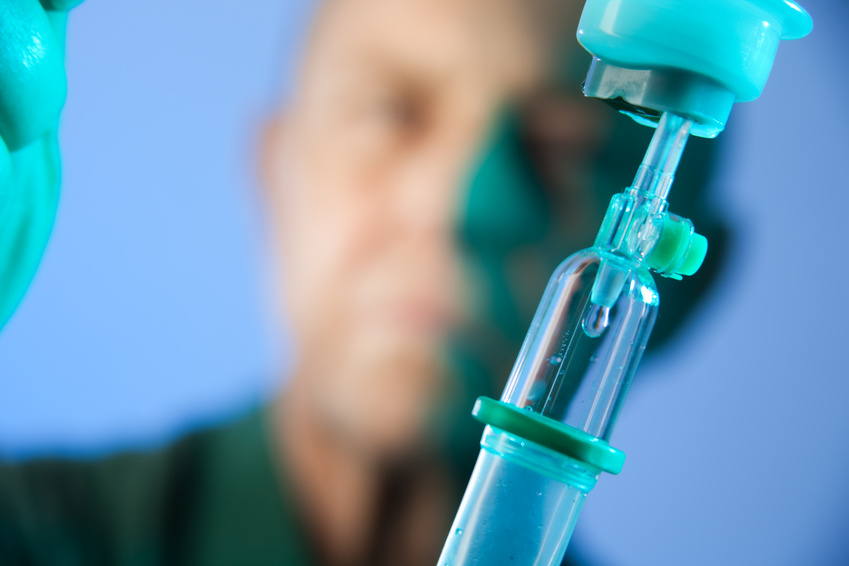
(Vienna, 03 February 2020) Between 2009 and 2020, the annual number of new cancer cases in Austria has risen from 38,218 to 41,299. That represents an increase of 8%. Experts expect that by 2030 the number will have risen to 43,706 new cases a year, which would be an increase of 14%. However, at the same time, positive developments are taking place in diagnosis and treatment, which will mean that the number of people dying from cancer will fall and patients will survive for longer and have a better quality of life. This is the report from the experts of the Comprehensive Cancer Center (CCC) of MedUni Vienna and Vienna General Hospital on the occasion of World Cancer Day on 04 February 2020.
Research in the field of precision medicine and the innovations derived from it have played an important part in these advances. A deeper understanding of the tumour biology and genetics underlying the disease leads to better prevention in risk groups. At the same time, treatments can be recommended on a much more individual basis, thereby making them much more likely to be successful.
From better understanding ...
MedUni Vienna is conducting numerous studies into the genetic aspects of cancer. For example, together with his team, Shahrokh Shariat, Head of the Department of Urology of MedUni Vienna and Vienna General Hospital and member of the CCC, has been heavily involved in a recent international study that has led to approval in the USA of a highly effective drug for advanced prostate cancer involving a mutation of the BRCA gene. The drug is already being successfully used in the treatment of hereditary breast and ovarian cancer, that is to say in cases where a mutation of this gene is also present. Says Shariat: "The study found that the drug is also highly effective in prostate cancer. We therefore expect that it will soon be approved in the EU. This will take us a step closer to achieving our aim of helping our patients to enjoy a longer and better life."
… via innovative treatment …
There are also highly promising innovations in the field of nuclear medicine, which has hitherto primarily been used for diagnostic purposes. These include so-called theranostic concepts, which work by delivering targeted radiation from within the body. Such procedures involve the administration of very low dose therapeutic agents, which bind to a specific target structure on the tumour and carry a radioactive atom. This allows the imaging of target structures on cancer cells with the aid of so-called radiopharmaceuticals and immediate treatment by exchanging the active radioactive substances. The therapy is highly effective and causes few side-effects: Since the therapeutic agents specifically dock onto the cancer cell, the radiation is delivered directly to the tumour, killing it without causing too much damage to other structures. Marcus Hacker, Head of the Division of Nuclear Medicine within the Department of Biomedical Imaging and Image-guided Therapy of MedUni Vienna and Vienna General Hospital and member of the CCC, says: "Our own findings, as well as international scientific findings, indicate that theranostic treatment can significantly prolong life. We expect that we will be able to use the technique for prostate cancer outside of trials from this autumn onwards."
… through to personalised rehabilitation
Cancer rehabilitation and after-care also make a significant contribution to prolonging life and improving its quality. This necessarily requires an individual approach to make the best possible use of a patient's physical, mental and psychosocial resources. For 10 years now, the CCC of MedUni Vienna and Vienna General Hospital has been operating a Tumour Board and also a research platform in this area. Richard Crevenna, Head of the Department of Physical Medicine and Rehabilitation of the Medical University of Vienna and Vienna General Hospital, and member of the CCC explains: "Our research in the areas of cancer rehabilitation and medical exercise therapy clearly shows that regular, medically supervised physical activity can significantly improve the prognosis in some forms of cancer." This not only affects life expectancy but also the ability to work and take part in social activities, which is of major importance, especially for patients of working age.